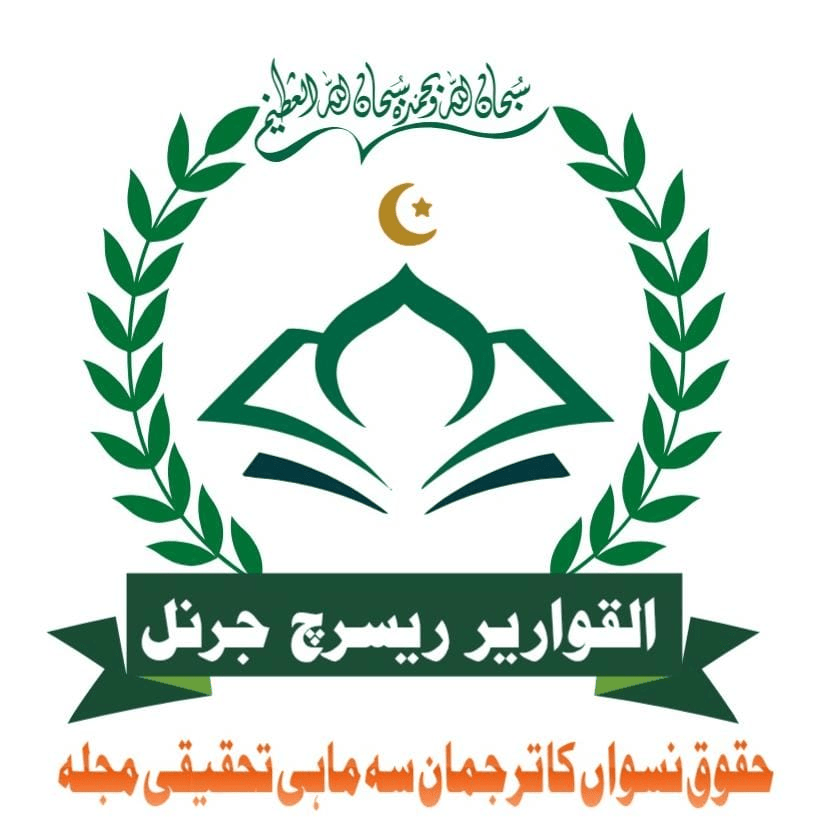Historical and Comparative Study of the Welfare Services and Rights of Prominent Muslim Women: In the Light of Islamic TeachingsMuhammad Abdur Rehman Khan
Abstract
This study offers a historical and comparative analysis of the welfare services
and rights afforded to prominent Muslim women, framed within Islamic
teachings. The research is organized into three main sections: 1. Public Welfare:
This section defines the concept of public welfare, its terminology, and its
importance from an Islamic perspective. It delves into the definitions of public
and social welfare, emphasizing their significance within the Islamic framework.
2. Necessity and Importance of Public Welfare: This section underscores the
need and significance of public welfare, drawing on Quranic verses and
Prophetic traditions. It addresses various aspects, including the provision of
food, clothing, and support for the needy, orphans, widows, and travelers. It
also examines the role of technical and vocational training, the importance of
charity, and the contributions of Prophet Muhammad (PBUH) to welfare work.
3.Rights of Women in Muslim Society: This section explores the rights of women
in a Muslim society as outlined in the Quran. It analyzes the criteria for their
dignity and status, providing a comprehensive view of women's rights in
historical and contemporary contexts. This study aims to illuminate the
contributions of Muslim women to welfare and offer a nuanced understanding of
Islamic perspectives on women's rights, bridging historical and modern
contexts.
Downloads
Downloads
Published
Issue
Section
License
Copyright (c) 2024 Muhammad Abdur Rehman Khan (Author)

This work is licensed under a Creative Commons Attribution-NonCommercial-NoDerivatives 4.0 International License.




